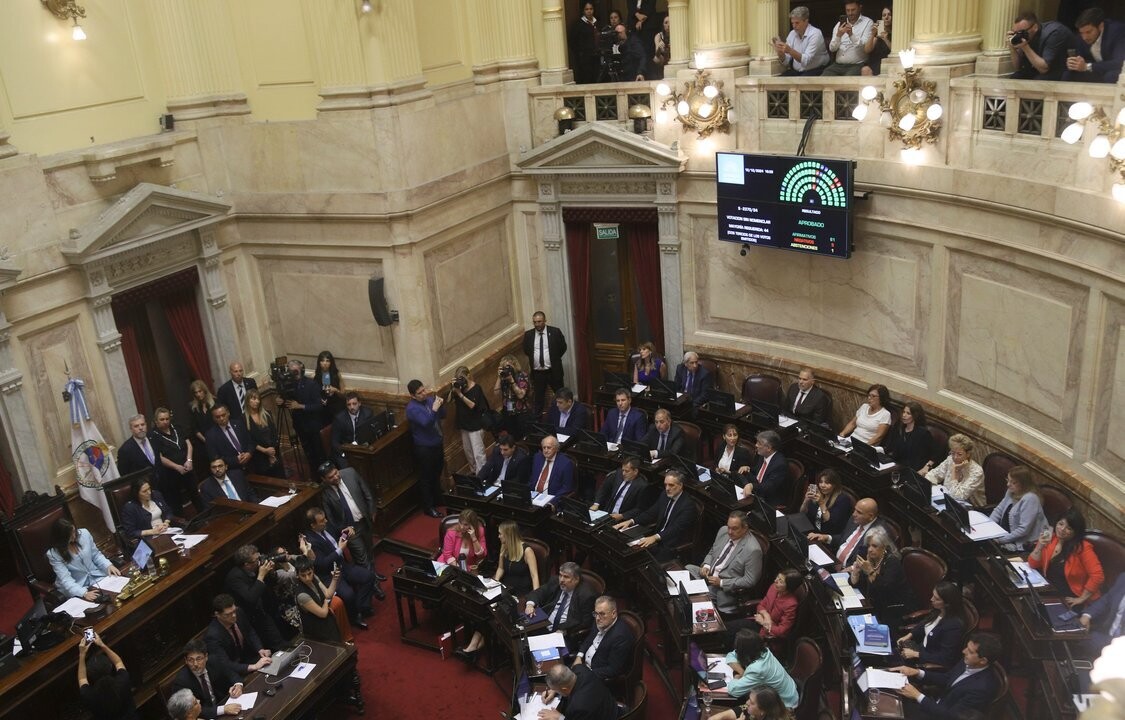
The La Libertad Avanza (LLA) party did not plan to suspend the PASO, as highlighted during a recent session. The president of the bloc, Ezequiel Atauche, emphasized the importance of maintaining this electoral system and allowing any citizen to run without depending on a party structure. Atauche also criticized the intention to change electoral rules in an electoral year, considering that this breaks with democratic tradition.
On the other hand, legislator Abad argued against the suspension of the PASO, stating that they help organize electoral competition and facilitate agreements between different political parties. Meanwhile, Senator Andrada, aligned with Governor Raúl Jalil, supported the position of maintaining the primaries as a way for parties to define their candidacies without incurring excessive expenses.
During the session, different topics were addressed, including the so-called "Cryptogate $LIBRA," which captured attention. Proposals were also debated to investigate public speeches and actions by certain officials. Finally, the Senate approved the project to suspend the PASO with a majority of affirmative votes, although there was a group of senators who opposed the measure.
In the context of the discussion, opposing stances between different blocs were evident, with arguments for and against the suspension of the PASO. The voting reflected divisions both within the ruling party and the opposition, highlighting the complexity of the current political situation and the challenges facing the Government today. The discussion also evidenced the importance of strengthening the electoral system and safeguarding public resources in the interest of the citizenry.














